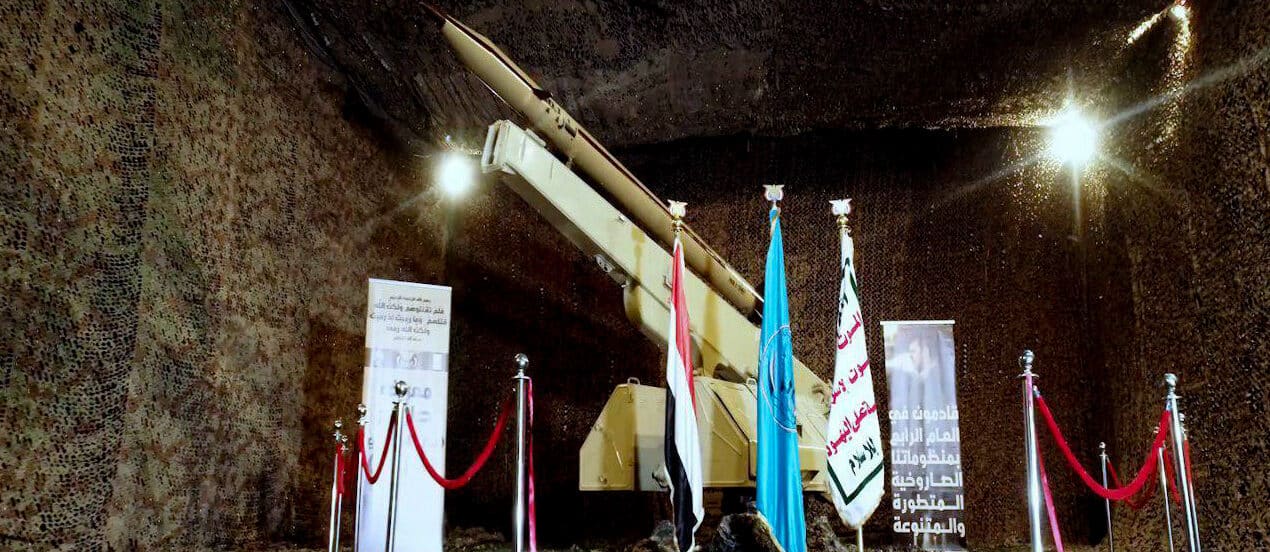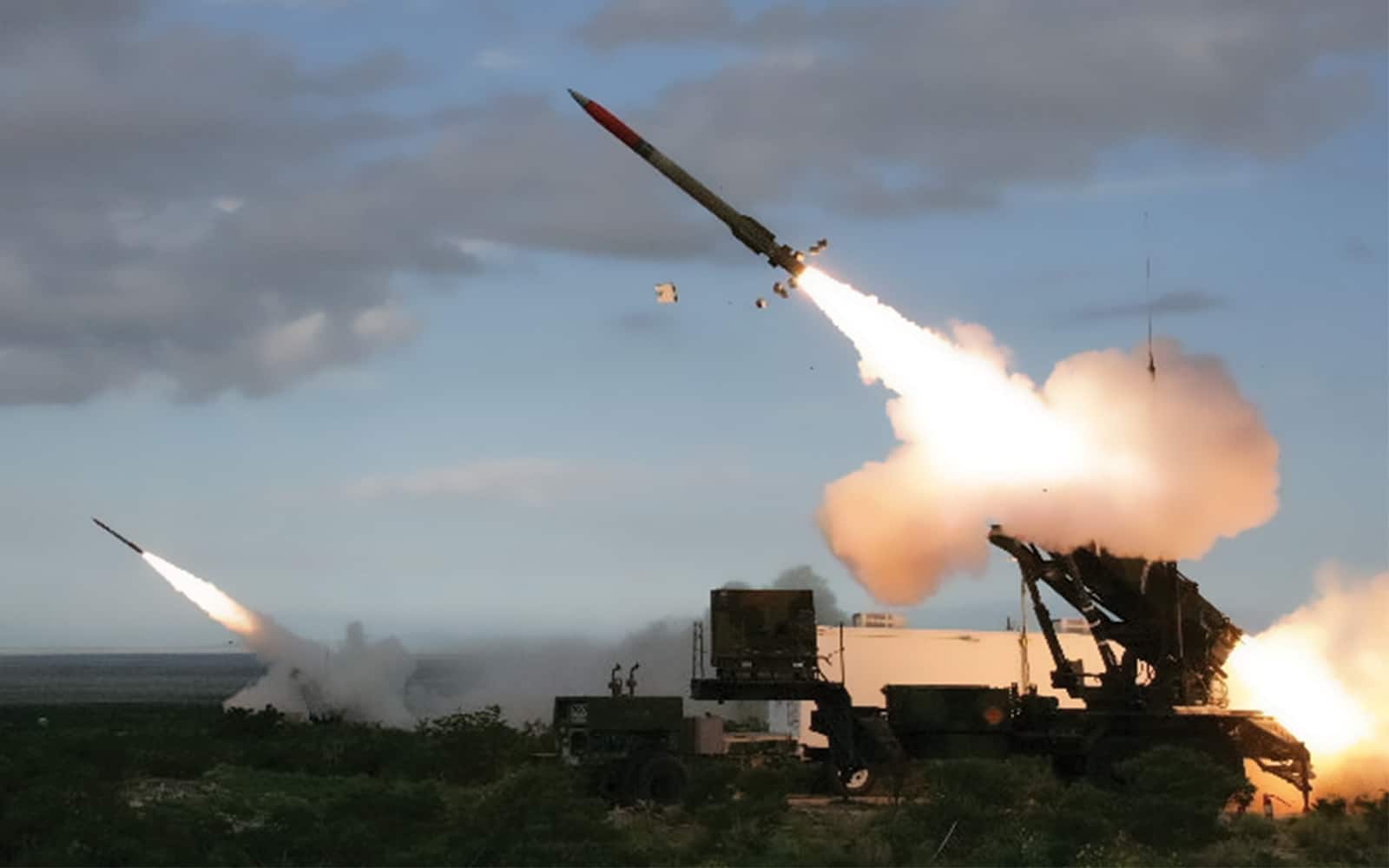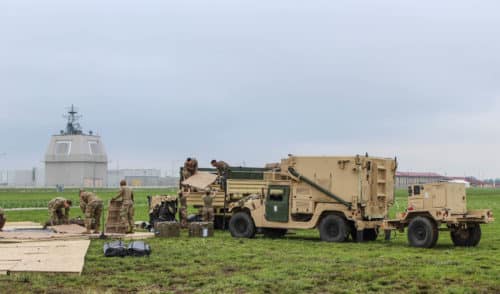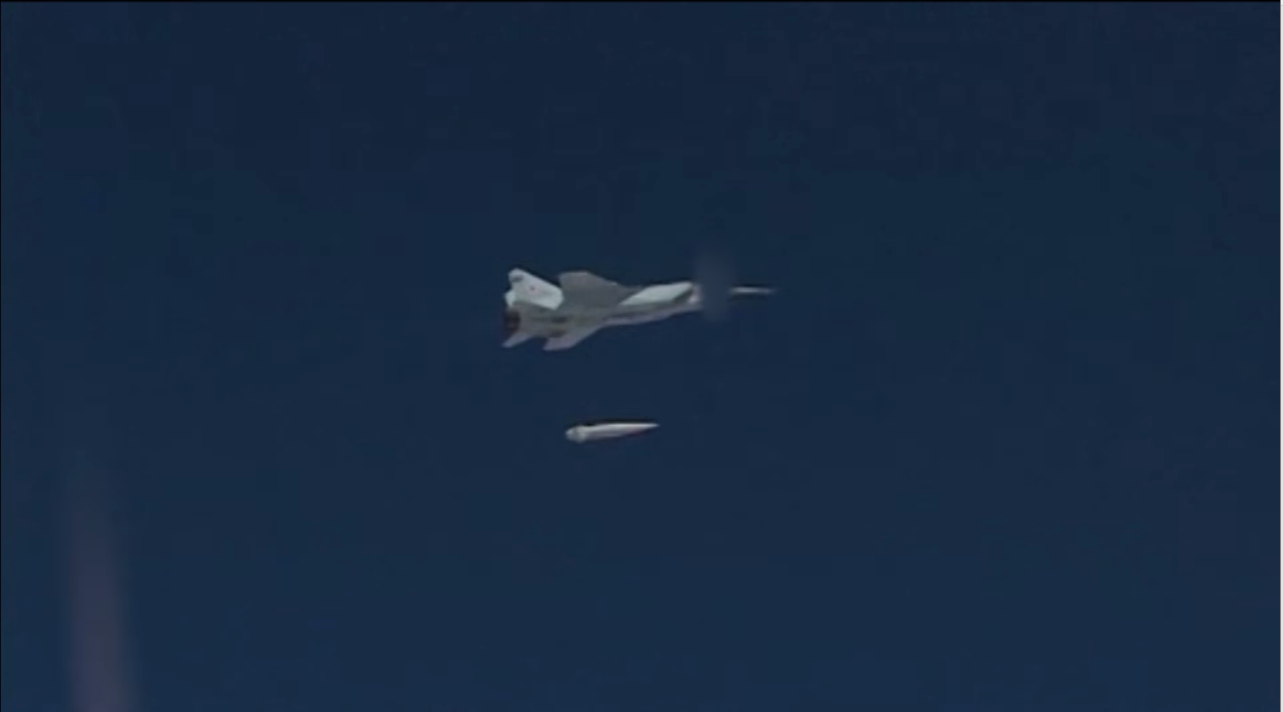54 items, Page 2 of 6

April 29, 2021
The Biden administration is expected to release its first budget request for FY 2022 in May. The request marks the first budget since FY 2011 that is not subject to the discretionary spending limits imposed by the Budget Control Act. While the defense budget request for FY 2022 was developed predominantly under the previous administration,...

December 8, 2020
The decision to reject congressional oversight on HBTSS increases institutional uncertainty at a time when stable funding and management is critical.

September 8, 2020
Offense-defense integration will not be a panacea, but it will be critical to a realistic and cost-effective way to contend with modern missile threats.

June 24, 2020
Absent any effort to expand or modernize GMD, homeland missile defense will likely fall behind current threats while NGI matures.

June 18, 2020
Limitations on the Houthi missile arsenal will be a necessary component of any lasting peace.

June 11, 2020
After five years, hundreds of long- and short-range missiles fired, and more than 160 missile-defense intercepts, it’s time to take stock.

September 24, 2019
Originally published in The Hill. The attacks on the oil facilities at Abqaiq and Khurais in Saudi Arabia are neon flashing warning signs of the threat presented by the proliferation of low flying precision guided weapons like drones and cruise missiles. These attacks were highly successful, despite the apparent presence of air defenses. This illustrates...

September 6, 2019
New missile defense plans depend upon the success or failure of one thing: a new layer of space-based sensors. At the January release of his administration’s new missile defense policy review, President Donald Trump announced the beginning of a “new era” for missile defense. To be sure, a new period of missile threats has already...

August 2, 2019
Tensions with Iran are once again high, making plain the risk of unexpected conflict between Iran and the United States. In the event of such a conflict, the United States would likely rely heavily on regional missile defense architectures like the European Phased Adaptive Approach, or EPAA, designed to protect NATO from ballistic missile attacks...

August 2, 2019
Next week, people from across the missile defense community will gather at an annual symposium in Huntsville, Alabama, to consider how to adapt U.S. missile defense efforts to the challenge of renewed competition with Russia and China. A centerpiece of their discussions will be the emergence of advanced hypersonic missile threats and what to do...









